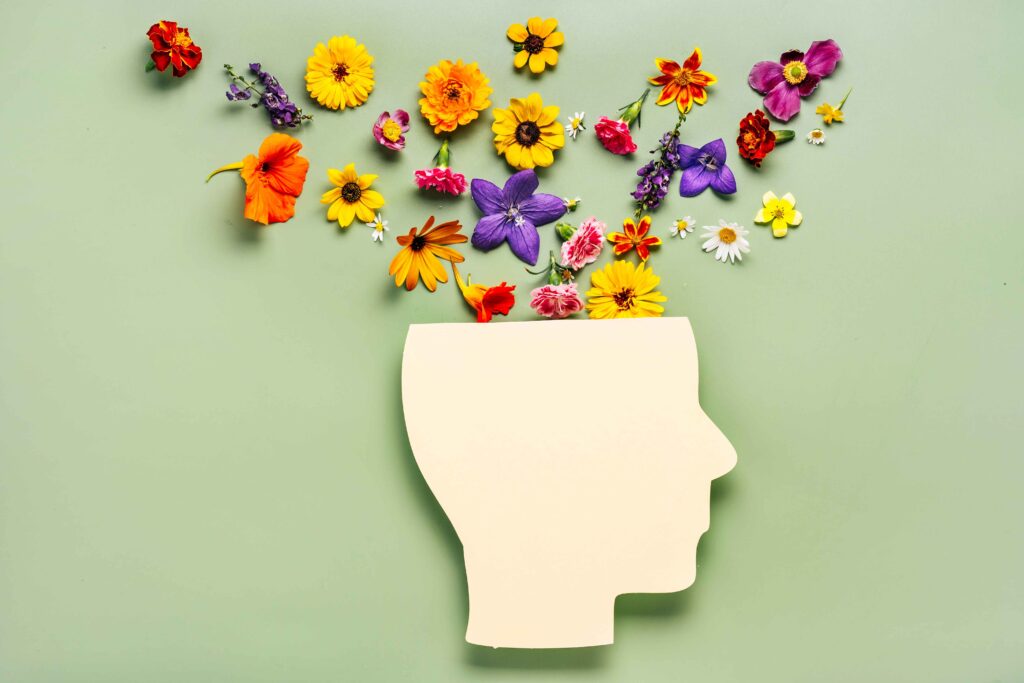Introduction
In today’s fast-paced world, it’s easy to get caught up in the hustle and bustle of everyday life. We often find ourselves consumed by work, social media, and other distractions that leave little room for self-reflection. However, taking the time to reflect on our thoughts, feelings, and experiences is crucial for personal growth and development. That’s where journaling comes in. Putting pen to paper can be a powerful tool for self-reflection and can help us gain a deeper understanding of ourselves.
Journaling can help us process our emotions, clarify our thoughts, and identify patterns in our behaviour. In this article, we’ll explore the power of journaling and how it can transform your self-reflection practice. Whether you’re a seasoned journaler or new to the practice, you’ll discover the many benefits of putting pen to paper and how it can help you lead a more mindful and intentional life.
The benefits of journaling for self-reflection and self-awareness

Journaling has been used for centuries as a tool for self-reflection and self-awareness. It can be a cathartic experience, allowing us to express our emotions and thoughts without fear of judgment. By regularly journaling, we can gain insight into our own behaviour and thought patterns, allowing us to identify areas where we may need to focus on personal growth and development.
Journaling can also help us develop a deeper sense of self-awareness. By writing down our thoughts and feelings, we can become more in tune with our emotions and identify patterns in our behaviour. This can help us make more intentional choices in our lives and improve our relationships with others.
Finally, journaling can be a great stress reliever. We can release our worries and concerns from our minds and onto paper by writing down our worries and concerns. This can help us feel more relaxed and less overwhelmed.
The science behind journaling and its effects on mental health

There is a growing body of research that suggests that journaling can have a positive impact on mental health. One study found that journaling for just 20 minutes a day, three days in a row, improved physical and psychological well-being. Another study found that expressive writing (a form of journaling that focuses on emotions and feelings) can help reduce symptoms of depression and anxiety.
But why does journaling have these positive effects? According to psychologists, journaling can help us process our emotions and gain insight into our own behaviour. By writing down our thoughts and feelings, we can move them from our minds to a concrete form, making them easier to understand and process.
Different types of journaling techniques
There are many different types of journaling techniques, each with its own benefits and purposes. Here are a few examples:
Gratitude journaling
Gratitude journaling involves writing down things that you are grateful for each day. This can help you develop a more positive outlook and improve your well-being.
Stream-of-consciousness journaling
Stream-of-consciousness journaling involves writing down your thoughts and feelings as they come to you, without worrying about grammar or punctuation. This can be a great way to release pent-up emotions and process difficult experiences.
Bullet journaling
Bullet journaling is a more structured form of journaling that involves creating lists and using symbols to track goals, tasks, and habits. This can be a great way to stay organized and focused on your goals.
How to start a journaling practice
Starting a journaling practice can feel overwhelming, but it doesn’t have to be. Here are a few tips to help you get started:
Set intentions
Before you start journaling, take some time to reflect on why you want to do it. What do you hope to gain from journaling? What are your goals? Setting intentions can help you stay focused and motivated.
Find the right tools
You don’t need anything fancy to start journaling – just a pen and paper will do. However, if you prefer to journal digitally, there are many apps and websites that can help.
Schedule time
Make journaling a part of your daily routine by scheduling time for it each day. This can be in the morning, before bed, or any other time that works for you.
Create a comfortable environment
Find a quiet, comfortable place where you can journal without distractions. This could be a cosy corner of your home or a favourite coffee shop.
Tips for effective journaling
Once you’ve started journaling, here are a few tips to help you get the most out of the experience:
Use writing prompts
If you’re not sure what to write about, try using writing prompts to get started. There are many books and websites that offer prompts on a variety of topics.
Avoid self-criticism
Remember that journaling is a personal experience, and there are no right or wrong answers. Don’t judge yourself or your writing – just let your thoughts flow.
Use your journal as a tool for problem-solving
If you’re struggling with a particular issue, try using your journal as a tool for problem-solving. Write down your thoughts and brainstorm possible solutions.
The Role of Journaling in personal growth and Development
Journaling can play an important role in personal growth and development. By regularly reflecting on our thoughts and feelings, we can gain insight into our own behaviour and identify areas where we may need to focus on personal growth. Journaling can also help us develop a deeper sense of self-awareness, which can lead to more intentional choices and improved relationships.
Examples of famous people who have used journaling as a tool for self-improvement
Many famous people throughout history have used journaling as a tool for self-improvement. Here are a few examples:
Anne Frank
Anne Frank’s diary is one of the most famous examples of journaling in history. She wrote about her experiences hiding from the Nazis during World War II, and her diary has become a symbol of hope and resilience.
Leonardo da Vinci
Leonardo da Vinci kept a journal throughout his life, documenting his thoughts, ideas, and observations. His journals are now considered some of the most valuable historical documents in the world.
Oprah Winfrey
Oprah Winfrey has credited journaling with helping her process her emotions and stay focused on her goals. She has been journaling for over 30 years and continues to do so today.
Resources for journaling
If you’re interested in starting a journaling practice, there are many resources available to help you get started. Here are a few:
Books
There are many books on the topic of journaling, including “The Artist’s Way” by Julia Cameron and “The Journal Writing Superpower Secret” by Mari L. McCarthy.
Apps
There are many apps available for journaling, including Day One and Journey.
Websites
There are many websites with journaling prompts and resources, including Etsaman, The Write Practice and Penzu.
Conclusion
Journaling can be a powerful tool for self-reflection and personal growth. By regularly reflecting on our thoughts and feelings, we can gain insight into our own behaviour and identify areas where we may need to focus on personal growth. Whether you’re a seasoned journaler or new to the practice, there are many benefits to putting pen to paper and exploring your inner thoughts and feelings. So why not give it a try? You may be surprised at what you discover.

